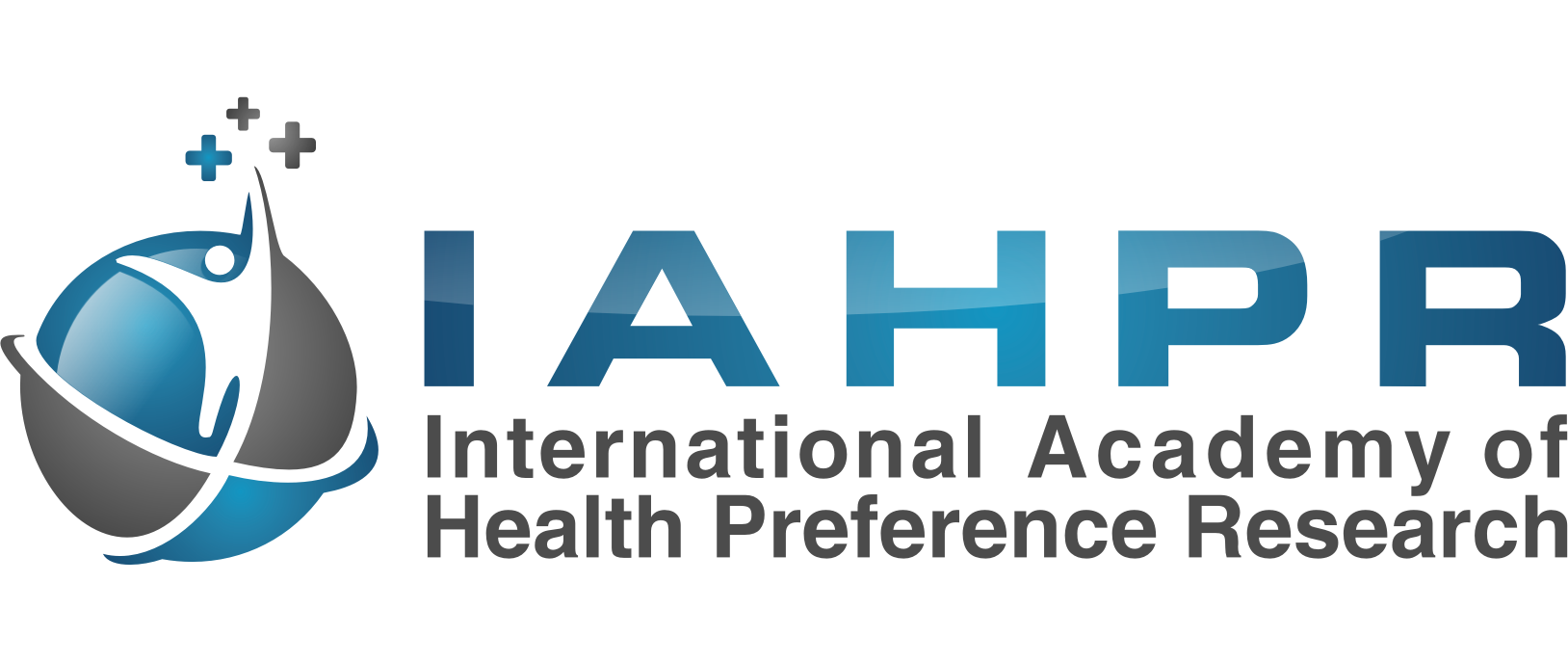In health preference research, some studies attempt to mimic a specific clinical decision (e.g., choosing between surgery and radiation), while others focus on understanding preferences for health by exploring the tradeoffs between lifespan and health-related quality of life (HRQOL). The latter approach, known as health valuation, summarizes gains in lifespan and HRQOL to facilitate a wide range of policy analyses. Traditional approaches to health valuation such as time trade off use adaptive tasks. More recently, non-adaptive tasks such as discrete choice experiments have been identified as potential alternatives. The comparisons of preference evidence from adaptive and non-adaptive tasks in health valuation have illustrated the problems and promises of each. In this workshop, we will review the lessons learned from recent studies in health valuation, particularly focusing on aspects generalizable to all forms of health preference research.
This 4-hour interactive workshop will be held on the Nord Event Panoramadeck, Emporio Tower, Dammtorwall 15, Hamburg, Germany directly prior to the Meeting Dinner and Poster Session. Registration is free for members, $50 USD for students, and $150 for non-student, non-member researchers. Space is limited. If interested, please register for the workshop, once meeting registration opens on 16 May 2016.
